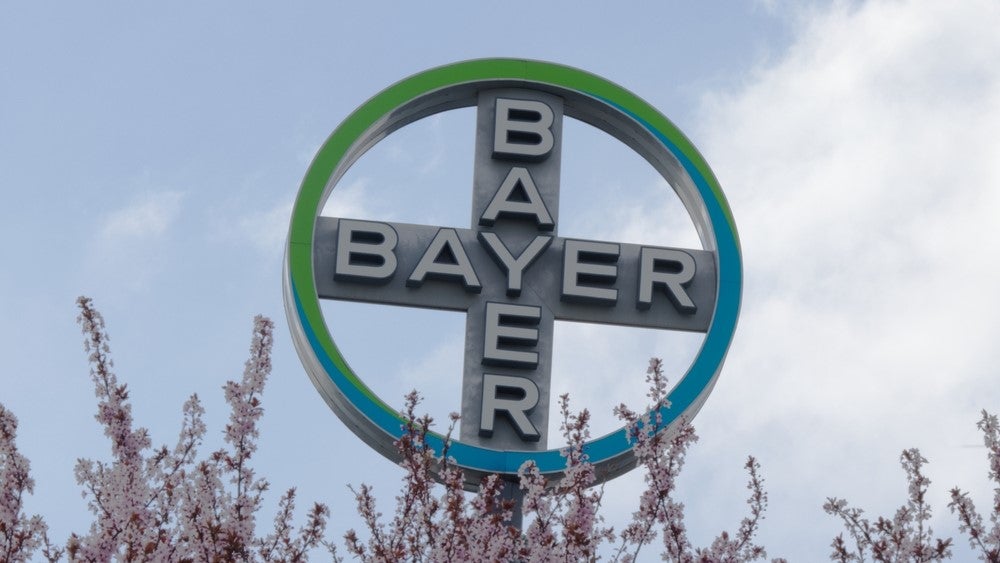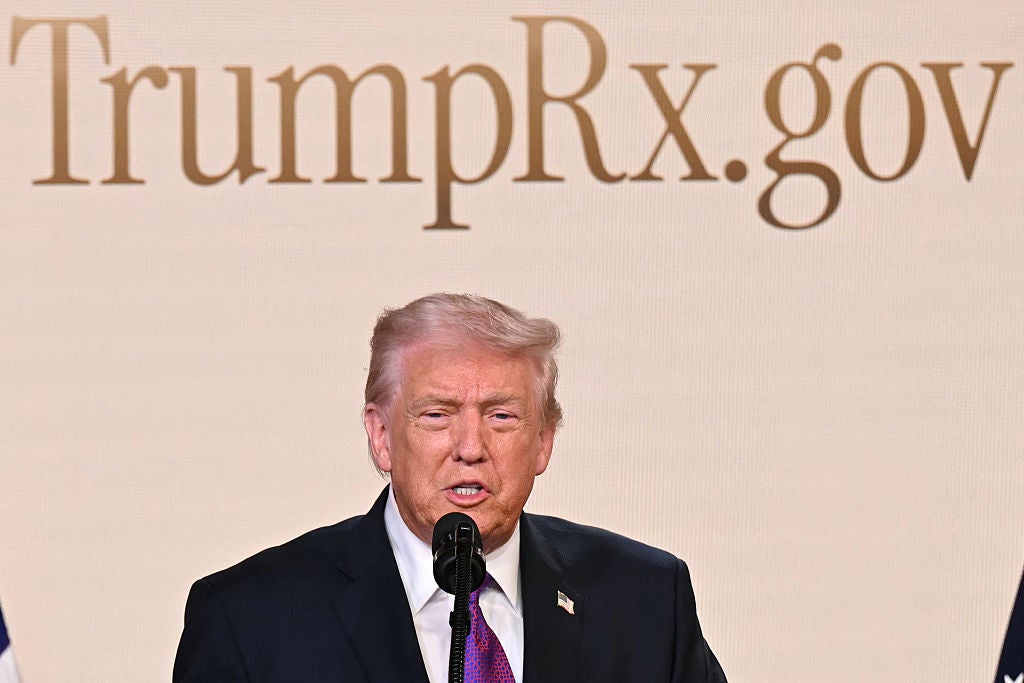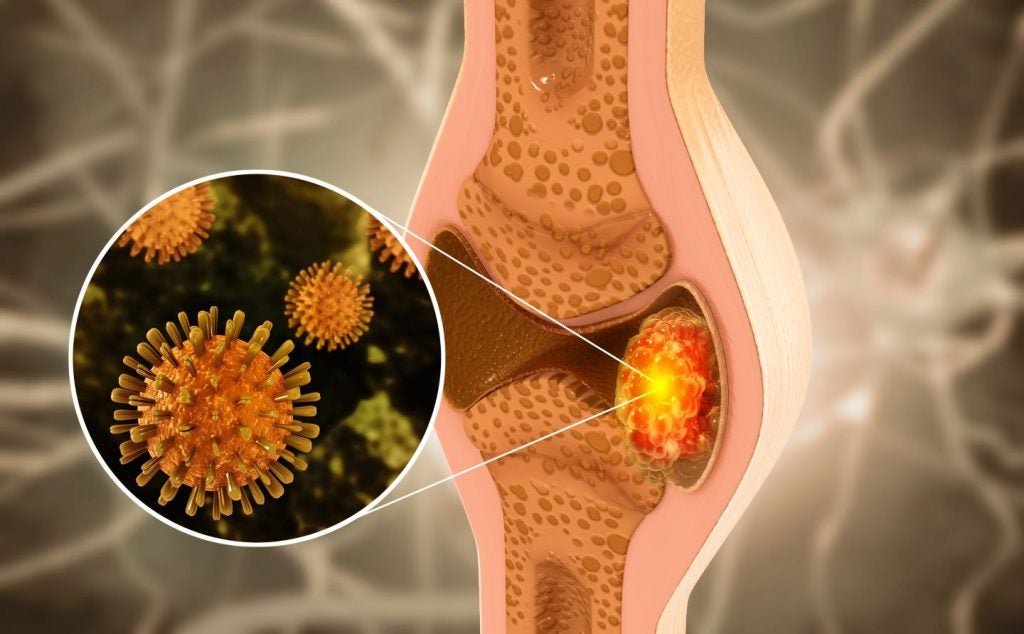A new rare disease innovation hub set up by the US Food and Drug Administration (FDA) aims to expedite the development and approval of orphan drugs.
Rare disease clinical trials can be tricky to navigate, especially for conditions with very few patients. Moreover, even after clinical success, some therapies for rare diseases have been dropped by companies due to the high development costs.
The FDA’s hub will act as a central point of connection and engagement with the rare disease community, aiding the navigation of FDA-related concerns. It will enhance inter-centre collaboration on scientific, clinical, and policy issues in rare disease product development, said the agency. It also aims to advance novel endpoints, biomarkers, trial designs, real-world evidence, and statistical methods.
The hub will be co-led by Dr. Patrizia Cavazzoni, director at the Center for Drug Evaluation and Research (CDER), and Dr. Peter Marks, director at the Center for Biologics Evaluation and Research (CBER).
In 2023, over half of all novel drugs and biologics approved by the FDA’s CDER and CBER were to treat or prevent a rare disease. While there have been important advances in treatments for rare diseases, more needs to be done, said the co-leaders in the announcement:
“We see huge potential in establishing a new model, within the FDA, to leverage cross-agency expertise and greatly enhance our inter-centre connectivity to spur the development of treatments for rare diseases.”
Such initiatives can be helpful to address concerns raised by key stakeholders in the field. The Italian research charity Telethon Foundation manufactures and distributes the gene therapy Strimvelis, which is used to treat the rare disease adenosine deaminase severe combined immunodeficiency (ADA-SCiD). Speaking to Pharmaceutical Technology, Francesca Pasinelli, general manager of Telethon Foundation, highlighted how one regulatory bottleneck in rare disease development affects operations.
“Overall resource challenges faced by regulatory authorities extend the timelines for obtaining feedback to facilitate the development of products. We therefore understand that it might be difficult for regulatory authorities to speed up the process or even rethink some of the procedures when experts are lacking.”
In order to advance treatments for patients with rare diseases, the FDA says it will hold an open public meeting later this year that will include the establishment of a public docket. This aims to provide further information about the vision for the Hub and get feedback from the community to help shape the Hub’s priorities and initiatives.















